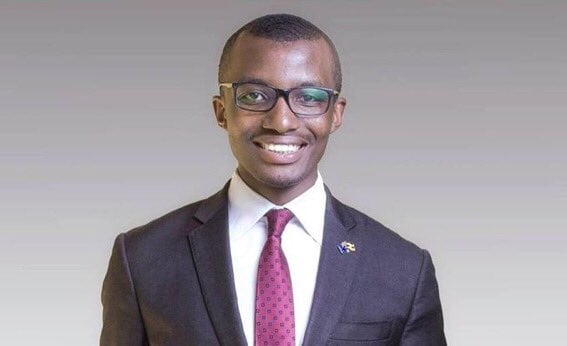Prime
The Movement’s cancer is in it’s irredeemable stage

Raymond Mujuni
What you need to know:
- It begs the question- to what political straw won’t The Movement latch in it’s progressive decline?
I was born two years before Uganda’s constitution was promulgated – just a day after that independence for good measure. It was a pretty tough time in Uganda’s politics and social life. After the horror of successive murderous governments and a badly shattered economy, the 90’s were worsened by the HIV/AIDS scourge which tore apart families, left orphans in its wake and upended communities.
This time is important to document because despite all these pressing concerns, there was broad trust in the ‘Movement’ system. People could hardly see, feel or touch it but had utmost faith that the movement knew what they were doing. It was easy, for example, to accept a national constitution because the movement sold it to people as a gateway ticket to a better society in Uganda.
The national aspirations had been so floored for decades that all the citizenry hoped for was protection of property and life – peace. Very few asked for government welfare, or strong institutions. Even fewer were willing to go beyond the moment and ask about the character of the new leadership and it’s role in upholding the social contract.
Nonetheless, the constitution was promulgated. Where public affairs had been unpredictable, it ushered in a hope of predictability. Ugandans then knew what rights they had and what constitutional protections existed for them, they also knew what responsibilities were due to them as citizens. There was a general resumption of hope in the public psyche. Those whose pensions had been robbed were willing to put aside their frustrations and try again, those who had kept to their guns for fear of insecurity put them aside and walked into government [and have never left since].
A lot of people put away their goals, dreams, aspirations to believe in the national vision.
There were, for example, Marxists then, who didn’t believe that privatization would deliver broad economic dividends for everyone. They didn’t, for even one flinch, believe that government should be taken out of doing business but the constitution was there and it provided for how to mediate these intellectual challenges. They lost the debate and folded honorably into government and toiled away like the famous Boxer of Animal Farm.
The 2000s were the period of reaping the successes of the Movement’s effort! Schools opened so wide that the literacy rate shot up, 9 in 10 children were in school, most of those in the free government education in primary schools, health facilities sprung up, nearly 7000 of them – they weren’t enough [There was a health facility for each 5000Ugandans by 2006] but still, they were coming up and coming up fast. The social arts boomed and gave us unprecedented levels of creativity. The social barriers that had held Uganda down were bursting from the seams, one could see this from the debate that followed the Gaetano big-brother act. Uganda’s sports also sprouted; league games would require crowd control and some matches like Villa – Express nearly brought the city to a standstill.
But something broke. Something major ripped through this national psyche. Like a loan from a bank that solves the immediate cash flow but complicates the future, the Movement’s progressive bad decisions around amending the constitution had earth-shattering ripple effects on the country.
It first of all, cost the Movement all good will they’d amassed. The Movement after removing term limits became an entity to be mistrusted rather than worked with, the ends started to justify the means. It didn’t, for example, worry the movement that fabricated evidence and state-coached witnesses could be brought to a court of law to try and sustain a charge against one of their former own – Dr Kizza Besigye, it didn’t even matter that a court allowed bail, a rogue unit of soldiers could take over the court and enforce their will, it didn’t bother anyone in the conscience when, for whatever reason that may be claimed, a rogue group entered the sacrosanct chambers of parliament and beat up on legislators – simply because they felt different. The movement and it’s cadres met each challenge as something to be subdued not debated, not lost to, not listened to. Democracy, for the movement became a buzz-word not actions. It could be used when needed and discarded if it didn’t serve the ends.
FIND ARTICLE: A jailed Besigye can unite Opposition
All these water-shed moments for which The Movement should have chosen principle over continuity were buried and suddenly the country, its ambitions, aspirations and future now seem tied to how The Movement will go bust – that’s its only logical progression.
The Movement turned away all it’s prophets of reason, opting, each time they brought a sermon on principles, for a rabid, below par, intellectually deficient and gobsmackingly inefficient loyalists.
So it isn’t so much now that The Movement [Or Museveni] have entered a cooperation agreement with DP, a battered, weakened and downright hollow [of members] party, it is that the Movement is celebrating it as a watershed moment of political maturity.
It begs the question- to what political straw won’t The Movement latch in it’s progressive decline?


